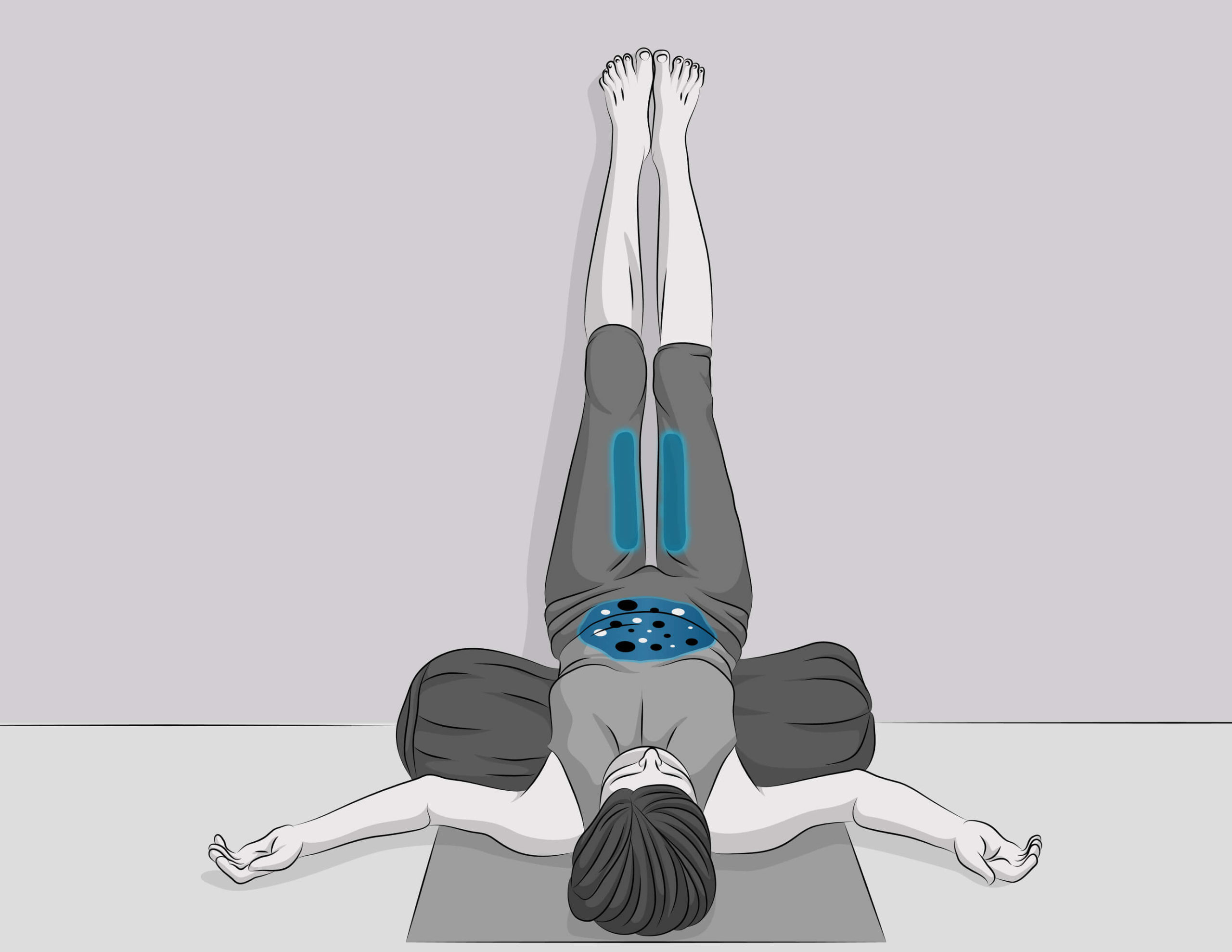The Role of High-Protein Diets in Weight Loss
One of the most popular approaches in the realm of weight reduction is the adoption of a high-protein diet. High-protein diets have garnered acclaim for their effectiveness in promoting satiety, maintaining muscle mass, and enhancing metabolic rate—all essential factors in the quest to shed pounds. Protein-rich foods require more energy to digest, metabolize, and use, which means you burn more calories processing them. They also take longer to leave your stomach, so you feel full sooner and for a longer amount of time.
Understanding Protein’s Impact on Metabolism
Proteins are the building blocks of your body, playing a critical role in the creation and maintenance of cells. A high-protein diet can significantly impact your metabolism by increasing the thermic effect of food—the amount of energy required to digest, absorb, metabolize, and store food. Essentially, your body utilizes more energy to break down protein compared to carbohydrates or fat, a concept known as diet-induced thermogenesis.
Thermic Effect of Different Macronutrients
Carbohydrates and fats offer a lower thermic effect than protein. While your body expends only about 5-10% of the energy content of carbohydrates and fats during their metabolism, proteins can elevate this to about 20-30%. Consequently, part of the calories from protein-rich foods is already used up during digestion, providing less net energy and contributing to a caloric deficit which is essential for weight loss.
Protein, Satiety, and Muscle Preservation
Protein plays a substantial role in controlling hunger, thanks to its ability to influence the release of hormones that signal fullness, such as cholecystokinin (CCK) and glucagon-like peptide-1 (GLP-1). By following a high-protein diet, one can often reduce overall caloric intake by naturally eating less, thus encouraging weight loss.
Additionally, protein assists in the maintenance of muscle mass, particularly important when operating at a calorie deficit. When you lose weight, the body sometimes burns muscle for energy. A high-protein intake can help protect this muscle, ensuring that most of the weight loss is fat, rather than muscle tissue.
The Balance of Macronutrients
While a high-protein diet can be an effective tool for weight loss, it is crucial to maintain balance with other macronutrients. Carbohydrates are necessary for energy, while fats provide essential fatty acids and aid in the absorption of fat-soluble vitamins. A well-rounded diet should incorporate healthy sources of carbs and fats alongside the increased protein intake.
Choosing the Right Proteins
When increasing protein intake, opt for lean sources such as chicken, turkey, fish, beans, lentils, and low-fat dairy products. These foods can provide the needed protein without excess calories from fat. Plant-based proteins also offer the added benefits of fiber and other nutrients, contributing to overall health and weight management.
High-Protein Diets: A Practical Approach
Incorporating a high-protein diet into your lifestyle can be simple. Start by including a protein source at every meal, be mindful of portion sizes, and choose whole and unprocessed foods whenever possible. For individualized advice, consider consulting with a registered dietitian or a nutritionist who can devise a plan tailored to your personal needs and health goals.
Potential Considerations and Risks
While high-protein diets can be beneficial for weight loss, they are not suitable for everyone. People with certain health conditions, such as kidney disease, should avoid excessive protein intake. Always consult with a healthcare provider before making significant dietary changes, especially if you have pre-existing health conditions or specific dietary needs.
Conclusion
A high-protein diet can be a powerful tool in the arsenal against excess weight. By enhancing metabolism, increasing satiety, and preserving muscle mass during weight loss, high-protein diets facilitate sustainable weight management. However, it is vital to balance protein with other nutrients and to consult with healthcare professionals for personalized dietary advice.




